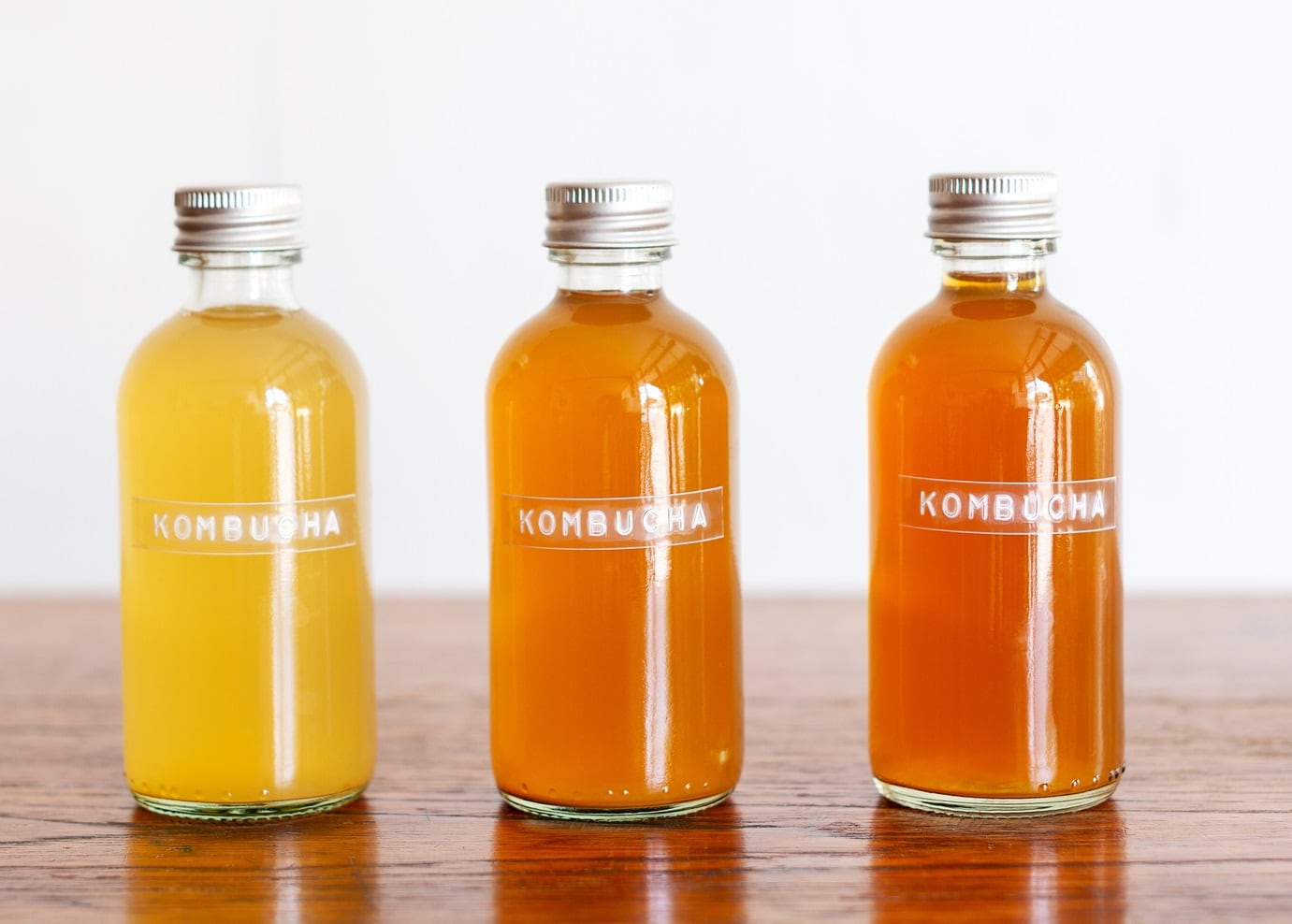Millennials are still an important consumer base for kombucha in Europe: with this generation known for seeking out new products, being early adopters of new trends, and with an eye out for products that boost health and wellness.
However, Zenith Global’s analysis of kombucha’s top three European markets – Germany, the UK, and France – shows the appeal of kombucha goes beyond this demographic.
Germany: 30-50 year olds
Kombucha has been present in Germany for 35 years and is Europe's larget kombucha market. It remains, however, a niche market: although it is now seeing double-digit growth thanks to health and wellness trends.
In Germany, the main target for kombucha is not millennials but adults aged between 30-50: who understand the health benefits that kombucha provides and can also afford the premium pricing.
“The marketing and on pack messages such as ‘ bio’,’ vegan’, ‘locally sourced’, ‘100% certified ingredients’ resonate well with health conscious German consumers,” said Christina Avison, Insight Manager, Zenith Global. “The German Association of Organic Processors, Wholesalers and Retailers reported that the German organic food market generates over €1.6bn a year. It is mainly due to the fact that in Germany there are several large organic retailers shops which have their own conscious consumer groups who are likely to pick kombucha products from the shelves.”
However, millennials will still have a growing role to play in growing the kombucha category in Germany.
“Educated millennials are expected to pick the trend up and become part of the regular kombucha consumers once the category reaches a wider audience and gets more attention from the media," said Avison. "They have higher awareness and higher income in general which facilitates the opportunity for the category.”
The UK: alcohol alternative
In the UK, the interest in kombucha spans not only across millennials and adults – but older generations too. This can be explained by the momentum behind low and no alcohol alternatives: a category which offers opportunities for kombucha.
“The kombucha proposition has been based around gut health through probiotics, but it is beginning to gain traction as a viable alternative to alcoholic drinks in trendier corners of the on-trade, including a number of Michelin-starred restaurants,” said Avison.
While market growth to date has undoubtedly been driven by trendy millennials – think hipsters and kombucha bars popping up across London – a wider demographic offers potential for the category.
“While young millennials are, perhaps, more likely to try kombucha: they are not necessarily the only key to sustaining growth as - according to industry sources - older people and younger consumers with families have shown strong interest in the fermented drink. The popularity is supported by some research suggesting links between good gut health and emotional wellbeing.
“The potential demographic for kombucha includes not only consumers with a broad interest in healthy living, but also those looking for a more sophisticated and adult alternative to an alcoholic drink, in order to drink more sensibly and more enjoyably.
"If those consumers are giving up alcohol for health reasons, it stands to reason that they may be more discerning of their alternative beverage, wanting it to fulfil their health needs. The non-drinker can feel with kombucha they are opting in to choosing a health drink, rather than abstaining from alcohol, thus reframing it in a positive light.”
France: Urban, affluent demographic
Mostly sold in health food stores and online, kombucha is not a mass market product in France and is still relatively unknown in the country (although it is the third largest kombucha market in Europe, volumes are only a sixth of those in the largest kombucha market, Germany). Although kombucha manufacturers do not tend to target a specific age group, the product is likely to appeal to a young and affluent urban demographic.
More than ever, the French market is witnessing a change in consumption habits towards products deemed as natural with minimal processing. The growing awareness of the potential side effects of artificial substances used in food and beverages will continue to fuel growth in the kombucha category.
“Millennials in particular are more inclined to try out new food and beverage products. They are also more likely to pay attention to claims such as ‘environmentally friendly’, ‘locally sourced’ or ‘organic’ as they are looking to make smarter food choices,” said Avison.
“Adults (Generation X) are the next population segment likely to be more receptive to the kombucha trend as they are also looking for wholesome and healthy food and beverage products but also have substantial spending power. Kombucha, because of its positioning as a healthy beverage coupled with the digestive health benefits of probiotics is therefore likely to appeal to this demographic.”
Europe's kombucha market
Kombucha - a fermented lightly effervescent drink thought to have originated from North East China and Russia - is produced by fermenting black or green tea using a symbiotic culture of bacteria and yeast (SCOBY) and sugar.
“Fermented drinks are currently experiencing significant momentum in the food and drink space where it is mainly marketed as a support for digestive wellness, being a powerhouse of beneficial probiotics," says Avison. "The beverage is also positioned as a natural alternative to sugar laden carbonated soft drinks but also as a substitute for consumers either cutting down their alcohol intake or quitting drinking altogether.”
Germany, the UK and France are biggest markets for kombucha in Europe: with these three collectively accounting for 45% of the market.
Source: Zenith Global's European Kombucha Report 2019



